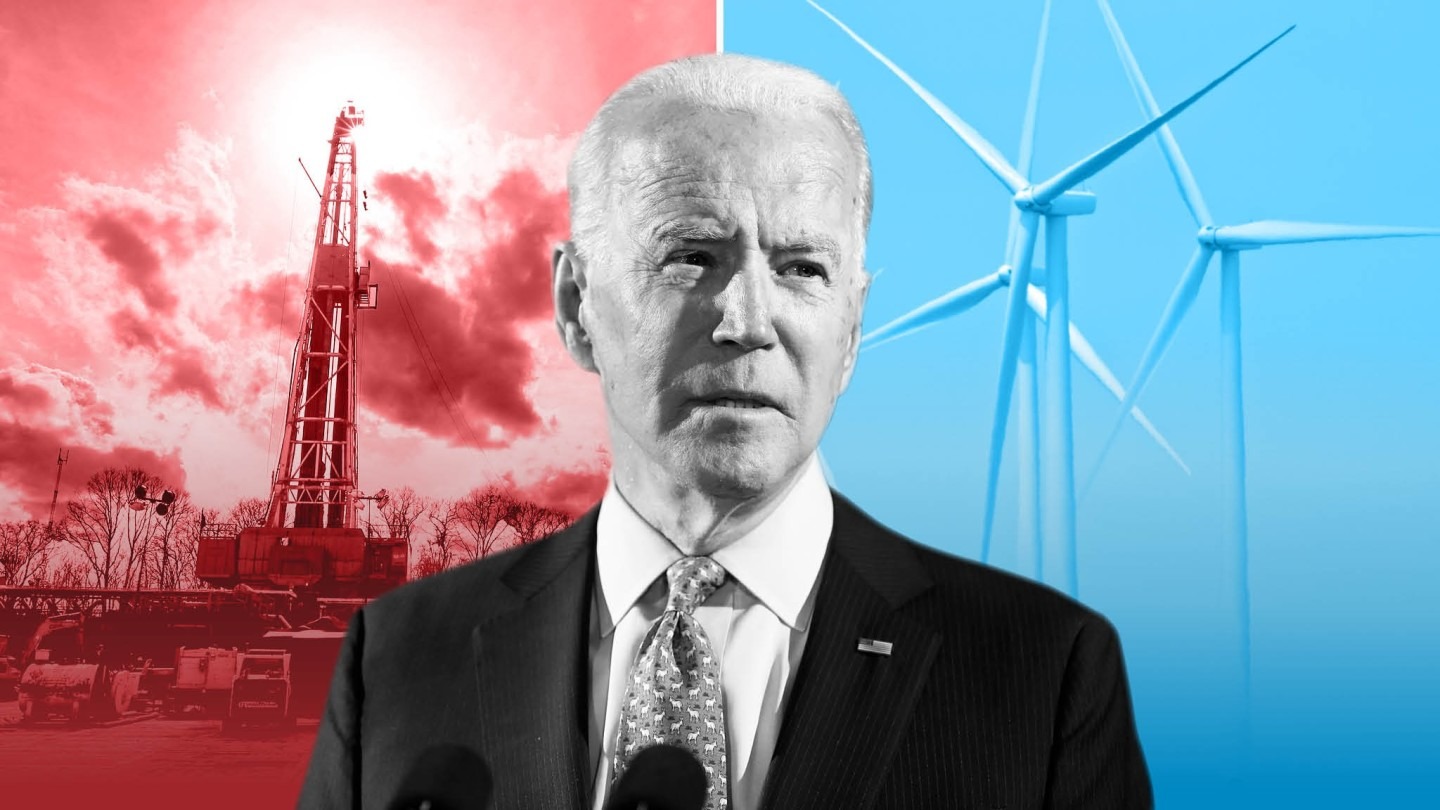The United States achieved a remarkable milestone in 2023, becoming the largest oil producer globally with a record daily output of 12.9 million barrels.
This accomplishment speaks volumes for the American economy, yet President Joe Biden remains noticeably silent on the matter, perhaps due to the delicate nature of election-year politics and concerns about offending the climate lobby, a remarkable constituency for him.
However, the credit for this achievement rightfully belongs to the hardworking innovators, entrepreneurs, and laborers, particularly those in states like Wyoming, who have relentlessly driven the nation’s energy sector forward. It was their vision and determination that led to the country’s energy independence in 2019 after seven decades.

Regrettably, President Biden’s track record on energy has been marked by hostility towards the fossil fuel industry. From his campaign promises to “end fossil fuel” to his executive actions targeting energy projects like the Keystone Pipeline and federal lease sales, the administration has posed serious obstacles to energy development.
Despite record oil production, the administration’s regulatory hurdles have stifled potential growth, as evidenced by the shortfall from the Energy Information Administration’s pre-Biden forecasts. Much of the current production success is attributed to operations on private and state lands, where developers face fewer bureaucratic barriers.
However, the situation is precarious for production on federal lands, as the administration’s policies pose a looming threat. New lease issuance has plummeted under President Biden, with drastic reductions in both acreage and drilling opportunities compared to previous administrations.

The outlook for federal offshore areas is equally grim, with canceled lease sales and restrictive conditions undermining future development opportunities. These misguided actions not only jeopardize energy security but also strengthen OPEC and Russia, further entrenching reliance on foreign oil.
President Biden’s approach risks long-term consequences, setting the stage for diminished energy independence and increased dependence on volatile global markets. The detrimental impacts of these policies may only become apparent in the years ahead, underscoring the urgency of reversing course to prioritize American energy security and prosperity.
